

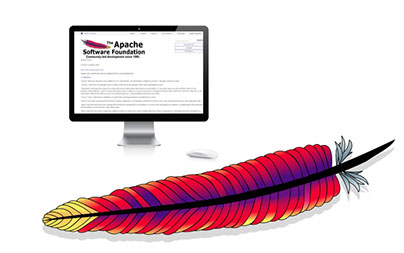
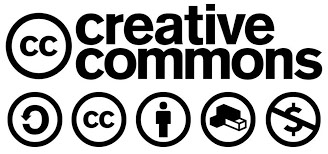

rotational moulding machine by Carlos Pérez Ramírez is licensed under a Creative Commons Reconocimiento-CompartirIgual 4.0 Internacional License.
Creado a partir de la obra en http://www.fabacademy.org/archives/2015/eu/students/silli.saverio/project07.html.







![A Creative Commons (CC) license is one of several public copyright licenses that enable the free distribution of an otherwise copyrighted work. A CC license is used when an author wants to give people the right to share, use, and build upon a work that he/she has created. CC provides an author flexibility (for example, he/she might choose to allow only non-commercial uses of his/her own work) and protects the people who use or redistribute an author's work from concerns of copyright infringement as long as they abide by the conditions that are specified in the license by which the author distributes the work. There are several types of CC licenses. The licenses differ by several combinations that condition the terms of distribution. They were initially released on December 16, 2002 by Creative Commons, a U.S. non-profit corporation founded in 2001. There have also been five versions of the suite of licenses, numbered 1.0 through 4.0.[1] As of 2016, the 4.0 license suite is the most current. In October 2014 the Open Knowledge Foundation approved the Creative Commons CC BY, CC BY-SA, and CC0 licenses as conformant with the "Open Definition" for content and data. Types of licenses The CC licenses all grant the "baseline rights", such as the right to distribute the copyrighted work worldwide for non-commercial purposes, and without modification.[12] The details of each of these licenses depend on the version, and comprises a selection out of four conditions:](images/u13171-16.png?crc=315959628)
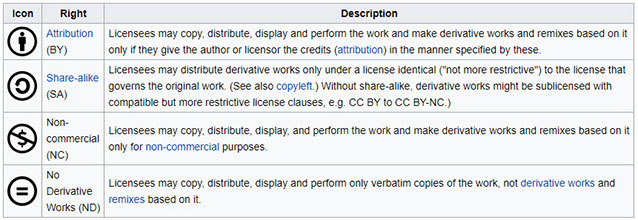


-crop-u13211.jpg?crc=527225409)
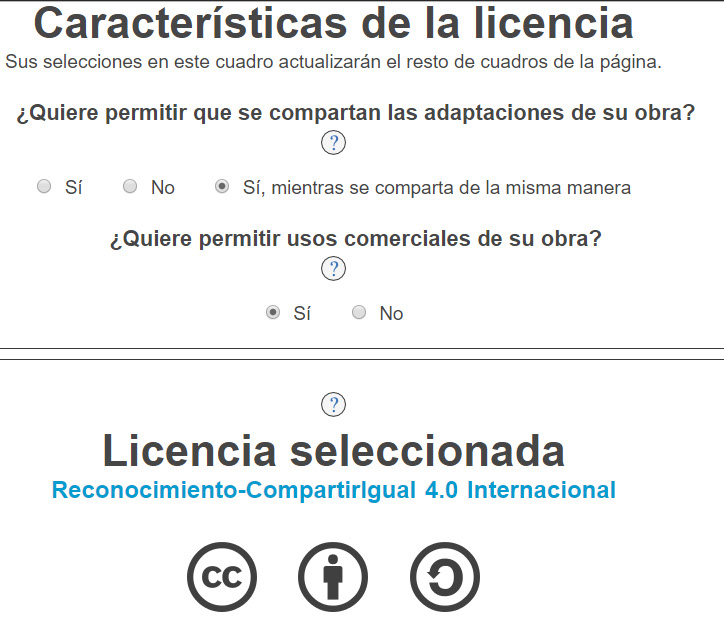
-crop-u13219.jpg?crc=387393340)







